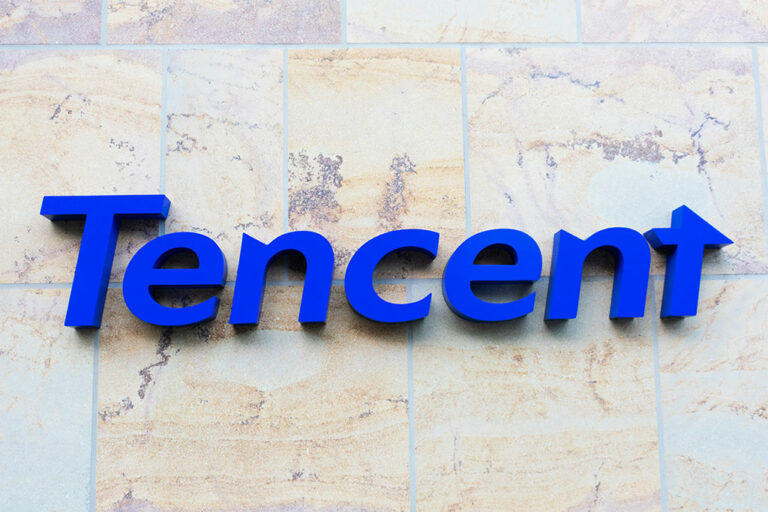Enflame, a company that was founded in March 2018, has already made significant strides in AI chip manufacturing. The company’s cloud chips have found applications in diverse sectors, including education, smart cities, and scientific research.
Enflame Technology, a Chinese tech company specializing in artificial intelligence (AI) chip development, has announced the successful completion of its Series D funding round, raising an impressive 2 billion yuan (approximately $273.7 million).
This significant investment was led by a subsidiary of Shanghai International Group, with participation from technology giant Tencent, known for its popular WeChat app, and Meitu-a Chinese photo editing app. Yao Leiwen, Managing Director of Tencent’s Investment Department, emphasized the importance of this collaboration. Tencent, in conjunction with Enflame, co-developed the Zixiao chip, enabling Tencent to deliver comprehensive and high-quality AI solutions to its clients in the financial and transportation sectors.
Enflame, a company that was founded in March 2018, has already made significant strides in AI chip manufacturing. The company’s cloud chips have found applications in diverse sectors, including education, smart cities, and scientific research. The funding also signals a growing interest in AI infrastructure, driven in part by the success of OpenAI’s ChatGPT, and highlights the pivotal role AI chips play in advancing the field.
Generative AI Fueling Broader Investment Trends
The rapid development of generative AI, exemplified by OpenAI’s ChatGPT, has fueled investor interest in AI infrastructure companies, particularly those specializing in AI chips. Enflame’s ability to secure a substantial investment further highlights the strong belief that investors have in advancing AI technology.
For instance, the lead investor in this funding round is a subsidiary of Shanghai International Group, a Shanghai-based entity focusing on cloud-based AI training platform chips. Their move indicates a strategic interest in fostering AI development within the municipality of Shanghai. Tencent’s long-term collaboration with Enflame also shows that they see a lot of potential in the AI chip sector and AI as a whole.
Similarly, the investment trend also extends to some domestic companies in China that also participated in the Series D round. These companies include SummitView Capital, YTI Capital, Hundreds Capital, Redpoint China Ventures, and GF Qianhe Investment.
Enflame Founder Articulates Vision to Lead in AI Innovation
Founder and CEO Zhao Lidong has articulated his vision for Enflame, stating that the funding will enable the company to produce more competitive AI products through collaborations with industry leaders. He also expressed a commitment to actively shaping AI chip standards and ecosystems, positioning Enflame at the forefront of AI innovation.
Enflame’s achievement goes beyond the company itself. It reflects the growing confidence in the future of AI technology as it continues to impact various aspects of modern life, from virtual assistants and autonomous vehicles to medical diagnostics. AI chips serve as the foundational technology underpinning these advancements, making them a focal point for investors seeking to participate in this technological revolution.
next